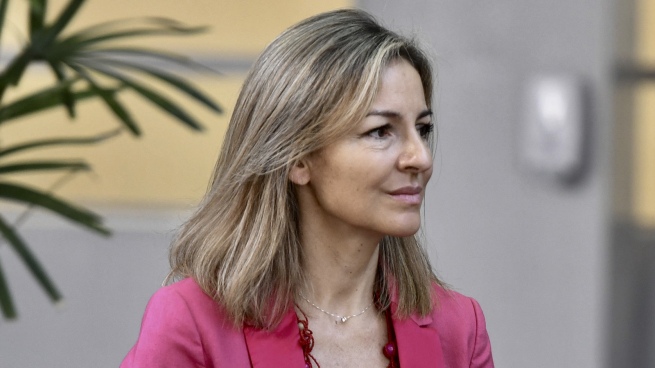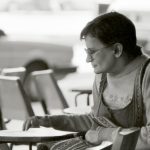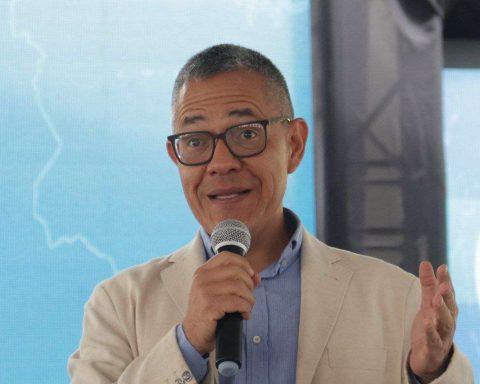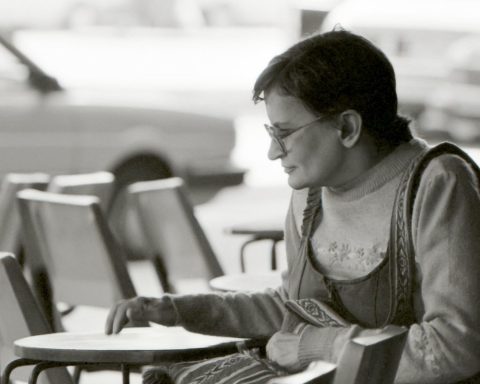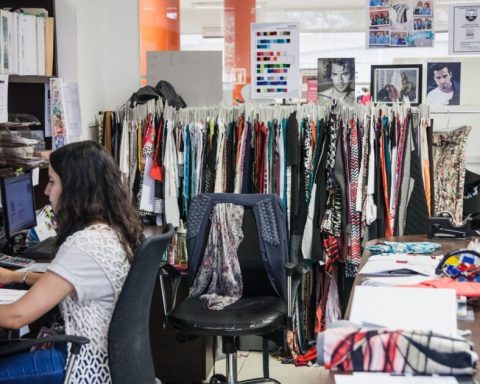The Buenos Aires Minister of Education, Soledad Acuñaextended the days of classes in secondary schools that were taken over by students demanding building improvements and against labor practices, while alerting the students who staged the protests about the possibility of losing their regular status due to unjustified absences.
Through a releasethe educational portfolio indicated that “decided that in the secondary schools that were affected by the seizures, the period of regular classes will be extended in a mandatory manner for all students, depending on the days lost in each school.”
According to the current school calendar in 2022, classes will end for all secondary schools on December 2; however, as of the new resolution, in the schools that were taken over, regular classes will be extended according to the days they have been closed.
Subsequently, the students will have the period of support and accompaniment for the evaluation and promotion prior to the examination tables, and the school year will end on December 23.
The seizures in the schools of the City of Buenos Aires have been registered since the beginning of October in at least 15 establishments demanding repairs to the building infrastructure, as well as nutritional improvements in the meals that the students receive and against practices compulsory labor to which they must attend in institutions of the public sector as well as in private companies.
Buenos Aires statement
In the resolution, meanwhile, it is established that the students who participated in the seizures of the educational institutions “their status as regulars could be affected by having unjustified absences and not meeting 85% attendance for the two-month period”with which they should render all the subjects under the free student scheme.
In the arguments expressed by Acuña in the brief, to which Télam had access, he remarks “attendance in the school space is a priority area for meeting, teaching, learning and socialization”; while stating that since the current administration they adopted “measures for the recovery of learning” after the pandemic, among which it mentions the extension of the school calendar.
“Our obligation as adults is to teach children to dialogue and participate, but always understanding that there are other rights that must be respected and that all these differences must be able to coexist in the same society,” said Acuña.
And he added that they will continue “dialoguing with the students as we did during all these years of administration. However, we are also going to continue to be firm regarding the limits that democratic coexistence entails; the spaces for dialogue are open, but as long as the schools are open.”
